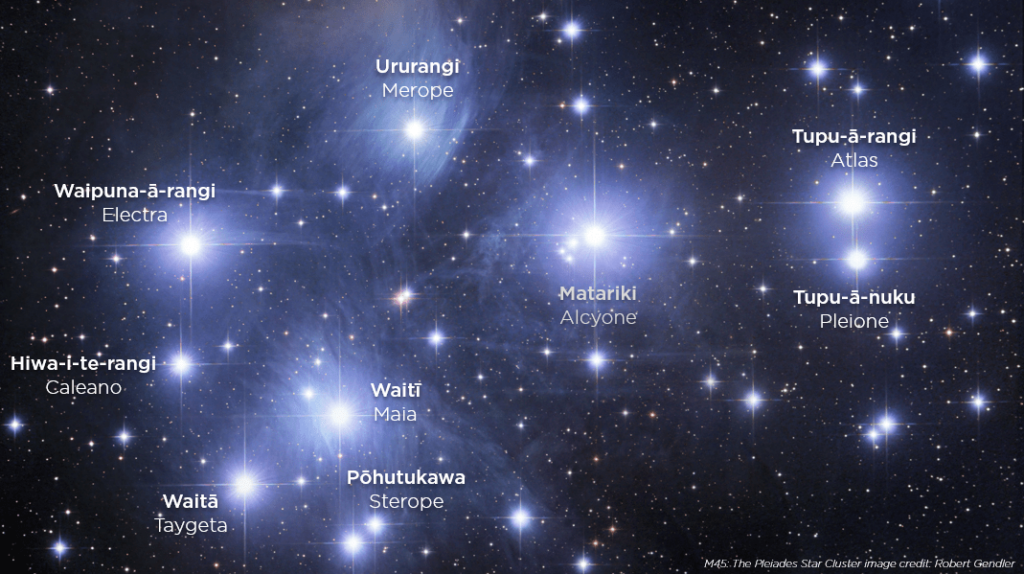Matariki is an age-old Māori celebration that was widely observed until the late 1940s before it essentially fell off the mainstream calendar.
It gained traction again in the early 2000s when it became more common for both Māori and Pākehā to celebrate it. In 2022 it became an official public holiday in New Zealand, on a Friday in June or July each year.
But what is Matariki and how is it relevant to farming?
Last year we covered Farming to Maramataka, the Māori Calendar.
Speaking to Farmers Weekly at the time, author and Massey University Professor in Ethnobotany, Horticulture and Māori Resource and Environmental Management Nick Rāhiri Roskruge (Ātiawa, Ngāti Tama-ariki) described Matariki as “a celebration of the new year through the recognition of the star constellation as a tohu (to mark) of that period. It recognises the māra kai activity, which should mostly be resting at that time and preparation for the future growing season is being thought out.”
Matariki also represents the cycles of life and death.
Tohunga kōkōrangi (astronomy experts) would watch for the rise of Matariki just before dawn, and carefully study the appearance of each star. These observations were used to predict aspects of the coming year, such as the weather and the likelihood of a good harvest – much like Kiwi farmers today keep an eye to the sky to help plan day-to-day operations, and are reliant on the weather for a good season.

Traditionally, Matariki happened at the end of harvesting so there was an abundant supply of food for feasting. People rejoiced, sang and danced to celebrate the change of season and new beginnings. It was also a time for planning for the year ahead.
Modern-day farmers can still use these longstanding traditions as a tool to plan their next season – whether it be calving, sowing or harvesting – or to simply take the time to reflect on some of the challenges they’re facing, the ones they’ve already overcome and what their farming journey might hold over the next 12 months, especially from a kaitiakitanga (caring for the environment) perspective.
When NZ observed its first Matariki public holiday in 2022, Beef +Lamb NZ’s Māori agribusiness adviser, Charles Taituha, said Matariki is a celebration of people, culture, language, spirituality, history and most importantly a connection to te taiao (the environment).
“Matariki is a special time of our lunar calendar that gives us space and time to remember our journey so far, the ups and downs as well as connecting to our taiao … It’s important to recognise the cultural connection to our sector.”
A 2021 Our Land and Water National Science Challenge study also highlighted multiple examples of how kaitiakitanga has benefited agri-food enterprises, with Māori enterprises being a significant part of NZ’s primary sector. The 2021 report revealed that Māori own $13 billion in primary sector assets, including 30% of all beef and lamb production, and Māori horticulture has grown 300% in 12 years. These enterprises are guided by indigenous values of environmental stewardship, social responsibility, intergenerational wealth creation and cultural revitalisation.
Most of NZ’s farmers already follow these practices as well, and many more will be looking to the heavens to help see them through the next season with changing regulations, rising costs and unfavourable weather conditions. Matariki might just be the perfect opportunity to take stock of how far farmers – and the industry as whole – have come in the past 12 months.
“It is a time for whānau and friends to come together to reflect on the past 12 months and look towards the year ahead,” Taituha said.










